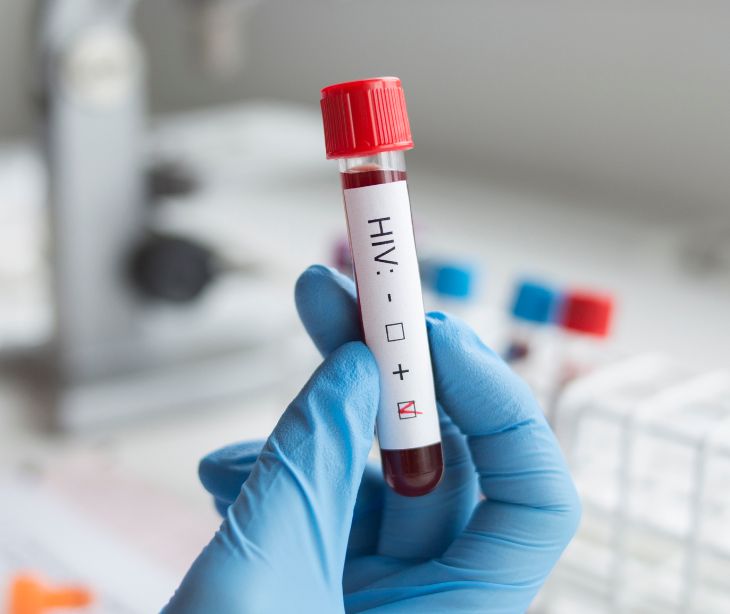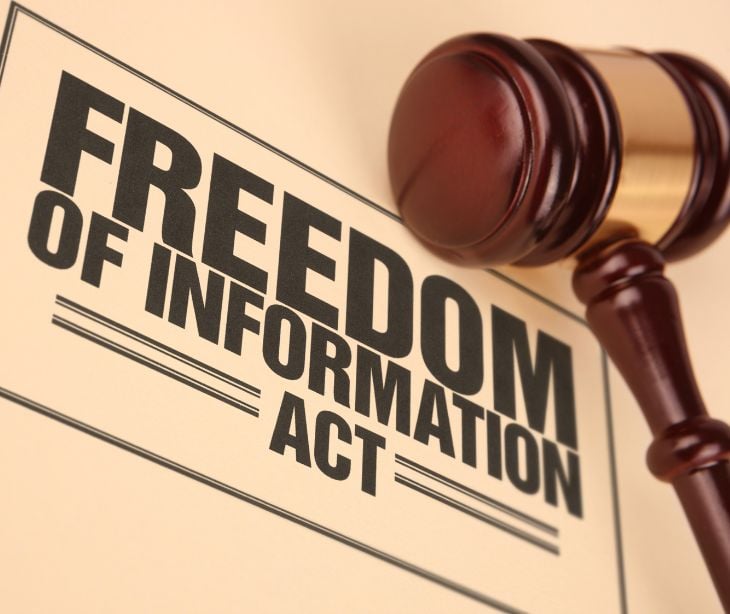
HIPAA classifies an individual's HIV status as protected health information (PHI).
PHI is any information in a medical record that can be used to identify an individual, created, used, or disclosed while providing a healthcare service, such as diagnosis or treatment. The inclusion of HIV status as PHI is significant due to the sensitive nature of this information. The stigma and potential for discrimination associated with HIV/AIDS make the confidentiality of this information meaningful.
How can HIV information be used and shared under HIPAA?
- Doctors can share a patient's HIV status with other healthcare providers for treatment coordination.
- HIV information can be disclosed to insurance companies for billing and payment processes.
- Healthcare facilities may use HIV data for internal operations like quality assessments.
- Public health authorities can receive HIV information for disease control and prevention efforts.
- Patients can give written consent to share their HIV status for research or other purposes.
- In emergencies, HIV information might be transferred if it's critical for patient care.
- Legal requirements, such as court orders, can mandate the disclosure of HIV information.
- HIV data can be used for educational purposes within healthcare training programs.
- Health audits and compliance checks may involve accessing HIV information.
- HIV status can be shared anonymously for public health studies and statistics.
See also: What are the permitted uses and disclosures of PHI?
How HIPAA protects patients HIV Status
HIPAA Privacy Rule prohibits disclosing HIV-related info without consent, except for treatment, payment, or healthcare operations. Only minimum necessary information can be disclosed. Patients have rights regarding the use and disclosure of their HIV status.
See also: What is the Minimum Necessary Standard?
Individual rights under HIPAA
- Individuals can access and obtain a copy of their health records.
- They can request corrections or amendments to their health information.
- Patients can ask for an accounting of disclosures of their health information.
- Individuals have the right to request restrictions on certain uses and disclosures of their PHI.
- They can ask for communication of their health information through alternative means or at alternative locations.
- Patients have the right to be informed about the privacy practices of their healthcare providers.
- Individuals can give or withhold consent for certain uses of their health information, like for marketing or research.
- Patients can file a complaint with their healthcare provider or the U.S. Department of Health and Human Services if they believe their rights have been violated.
- They can request a list of all entities to whom their PHI has been disclosed for reasons other than treatment, payment, or healthcare operations.
- Individuals can ask for a restriction on certain disclosures of PHI to health plans if they pay out-of-pocket in full for the healthcare item or service.
See also: HIPAA Compliant Email: The Definitive Guide
Subscribe to Paubox Weekly
Every Friday we bring you the most important news from Paubox. Our aim is to make you smarter, faster.




